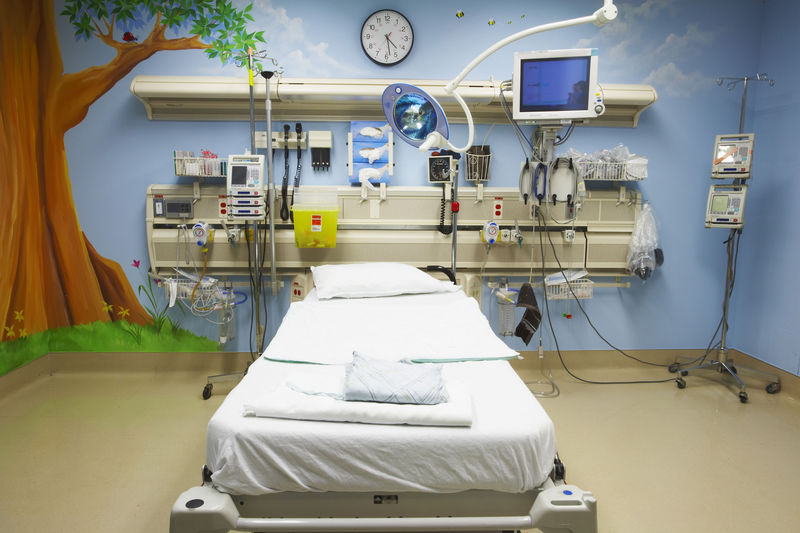
WEDNESDAY, Aug. 20, 2014 (HealthDay News) — A new study found no evidence to support the widely held belief that intensive treatment for high blood pressure increases patients’ risk of falls and broken bones.
Research shows that treating high blood pressure can prevent strokes and other cardiovascular problems, but many doctors fear that tight control of high blood pressure may lead to low blood pressure, resulting in falls and fractures, according to the investigators.
They looked at about 3,100 patients, aged 40 to 79, with type 2 diabetes who were undergoing one of two types of blood pressure treatment. About half received standard drug treatment with a target systolic blood pressure of less than 140 mm Hg, while the other half received intensive drug treatment with a target systolic blood pressure of 120 mm Hg.
Systolic blood pressure is the top number in a blood pressure reading.
Over a follow-up of about five years, patients in the intensive-treatment group didn’t fall more or suffer more broken bones than those in the standard treatment group, according to the study in the August issue of the Journal of General Internal Medicine.
“Lowering blood pressure using intensive treatment compared with standard treatment did not result in an increased rate of falls or fractures and, in fact, showed possible trends towards fewer fractures in the intensively treated patients,” study author Dr. Karen Margolis, of the U.S.-based HealthPartners Institute for Education and Research, said in a journal news release.
Even though intensive treatment of high blood pressure didn’t reduce the risk of cardiovascular events among patients in the study, “our results and review of the literature suggest a need to carefully reconsider current thinking about whether antihypertensive treatment and blood pressure lowering increases risk for falls and fractures,” she concluded.
More information
The U.S. National Heart, Lung, and Blood Institute has more about high blood pressure treatment.
Copyright © 2025 HealthDay. All rights reserved.

